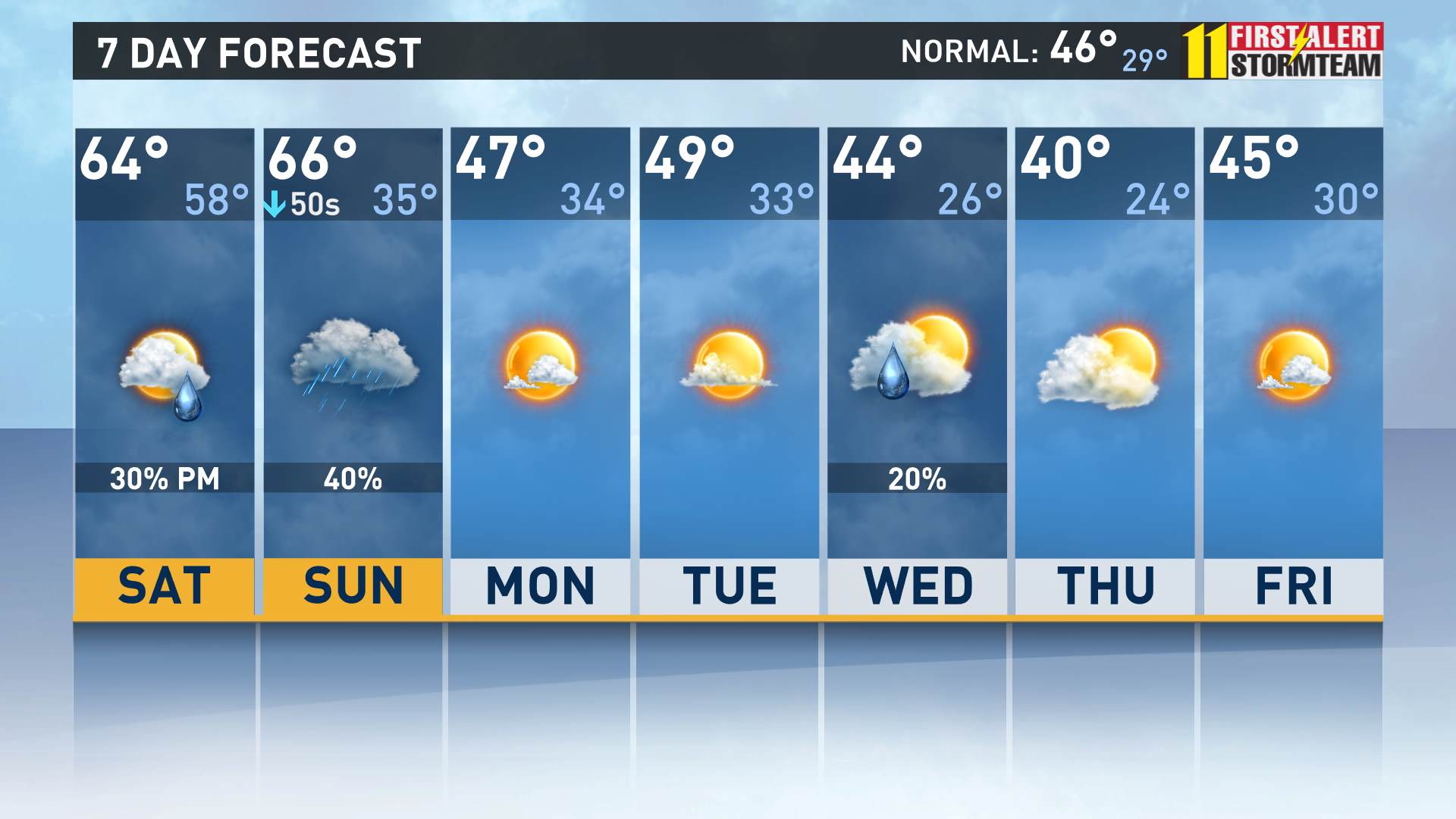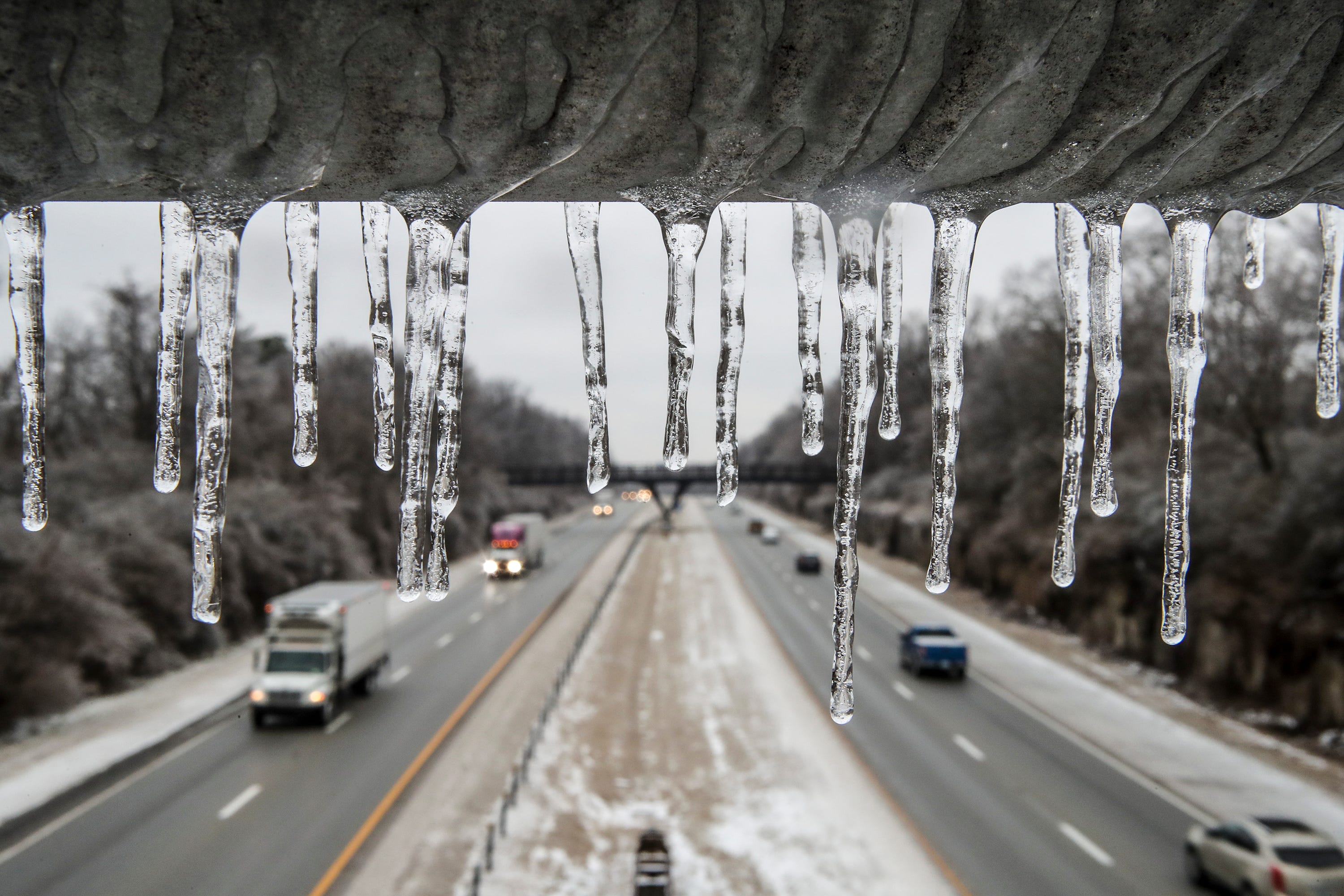Louisville Weather History and Trends

Louisville weather – Louisville’s weather is characterized by hot, humid summers and cold, snowy winters. The city experiences all four seasons, with average temperatures ranging from 32°F (0°C) in January to 85°F (29°C) in July.
Louisville’s climate is influenced by its location in the Ohio Valley, which is a region of the United States that is known for its extreme weather. The city is also located near the confluence of the Ohio and Mississippi Rivers, which can lead to flooding during the spring and summer months.
Temperature
Louisville’s average temperature is 55°F (13°C). The city’s warmest months are June, July, and August, with average temperatures in the mid-80s (°F). The city’s coldest months are December, January, and February, with average temperatures in the mid-30s (°F).
Precipitation
Louisville’s average annual precipitation is 42 inches (107 cm). The city’s wettest months are May, June, and July, with average precipitation of over 4 inches (10 cm) per month. The city’s driest months are October, November, and December, with average precipitation of less than 2 inches (5 cm) per month.
The misty mornings of Louisville give way to afternoons kissed by the sun, a tantalizing prelude to the golden sunsets that paint the city’s skyline. But when the weather whispers secrets in the air, one cannot help but wonder about the neighboring towns.
To the north, Clarksville, with its own tapestry of clouds and sunshine, awaits our exploration. A mere stone’s throw away, Clarksville weather holds its own charm, adding another layer to the symphony of nature’s rhythms that grace this region.
Humidity
Louisville’s average relative humidity is 70%. The city’s most humid months are June, July, and August, with average relative humidity in the mid-70s (%). The city’s least humid months are October, November, and December, with average relative humidity in the mid-60s (%).
Louisville’s weather can be unpredictable, but just a short drive away in Clarksville, clarksville weather tends to be milder and more consistent. While Louisville often experiences extreme temperature fluctuations, Clarksville’s weather is known for its gentle transitions and moderate humidity, making it an ideal destination for those seeking a more temperate climate.
Notable Weather Events
Louisville has experienced a number of notable weather events over the years. In 1937, the city was hit by a major flood that caused widespread damage. In 1974, the city was hit by a tornado that killed 3 people and injured dozens more. In 1999, the city was hit by a severe ice storm that caused widespread power outages.
Seasonal Weather Patterns in Louisville

Louisville’s weather patterns are characterized by distinct seasonal variations. Each season brings its own unique set of weather conditions, from the warm and humid summers to the cold and snowy winters.
Spring
Spring in Louisville is a time of transition, as the weather gradually warms up and the days get longer. Temperatures typically range from the mid-40s to the mid-60s Fahrenheit, with occasional days reaching into the 70s. Precipitation is common during this time of year, with an average of 4 inches of rain per month. The wind is generally light and variable, with occasional strong gusts.
Summer
Summer in Louisville is hot and humid, with temperatures often reaching into the 90s Fahrenheit. The average high temperature in July is 88 degrees Fahrenheit, and the average low temperature is 68 degrees Fahrenheit. Precipitation is less common during this time of year, with an average of 3 inches of rain per month. The wind is generally light and variable, but there can be occasional thunderstorms.
Fall
Fall in Louisville is a time of change, as the weather gradually cools down and the days get shorter. Temperatures typically range from the mid-60s to the mid-40s Fahrenheit, with occasional days reaching into the 30s. Precipitation is common during this time of year, with an average of 3 inches of rain per month. The wind is generally light and variable, but there can be occasional strong gusts.
Winter
Winter in Louisville is cold and snowy, with temperatures often dropping below freezing. The average high temperature in January is 38 degrees Fahrenheit, and the average low temperature is 21 degrees Fahrenheit. Precipitation is common during this time of year, with an average of 3 inches of snow per month. The wind is generally light and variable, but there can be occasional strong gusts.
Climate Change Impact on Louisville Weather

Climate change poses significant threats to Louisville’s weather patterns. Rising temperatures and altered precipitation patterns are among the most concerning impacts.
Rising Temperatures, Louisville weather
As global temperatures rise, Louisville is expected to experience hotter summers and warmer winters. Extreme heat events, characterized by temperatures exceeding 90°F (32°C), are projected to become more frequent and intense. These events can lead to heat-related illnesses, particularly among vulnerable populations.
Altered Precipitation Patterns
Climate change is also influencing Louisville’s precipitation patterns. The city is expected to experience more intense and frequent rainfall events, leading to increased flooding risks. Conversely, droughts may also become more common, particularly during the summer months. These changes can have significant impacts on water resources, agriculture, and infrastructure.
Future Weather Trends
Climate models project that Louisville’s average temperature will increase by 2-4°F (1-2°C) by mid-century and 4-8°F (2-4°C) by the end of the century. Annual precipitation is also expected to increase by 5-10%, with more frequent heavy rainfall events. These projections highlight the need for adaptation and mitigation strategies to address the potential impacts of climate change on Louisville’s weather.